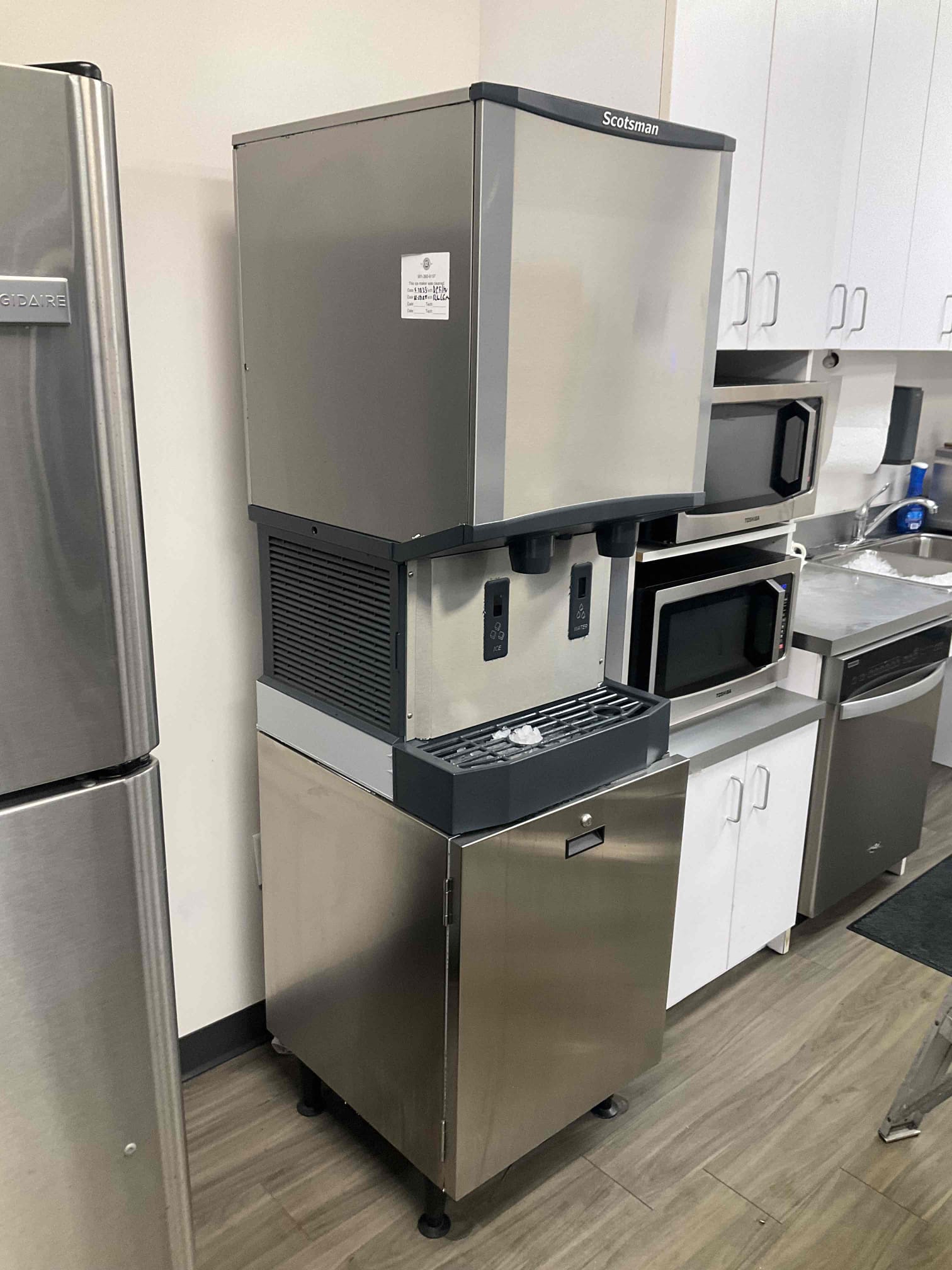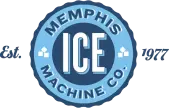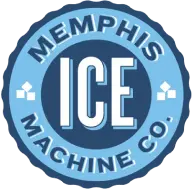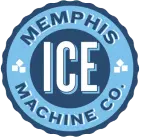proudly serving
the mid-south
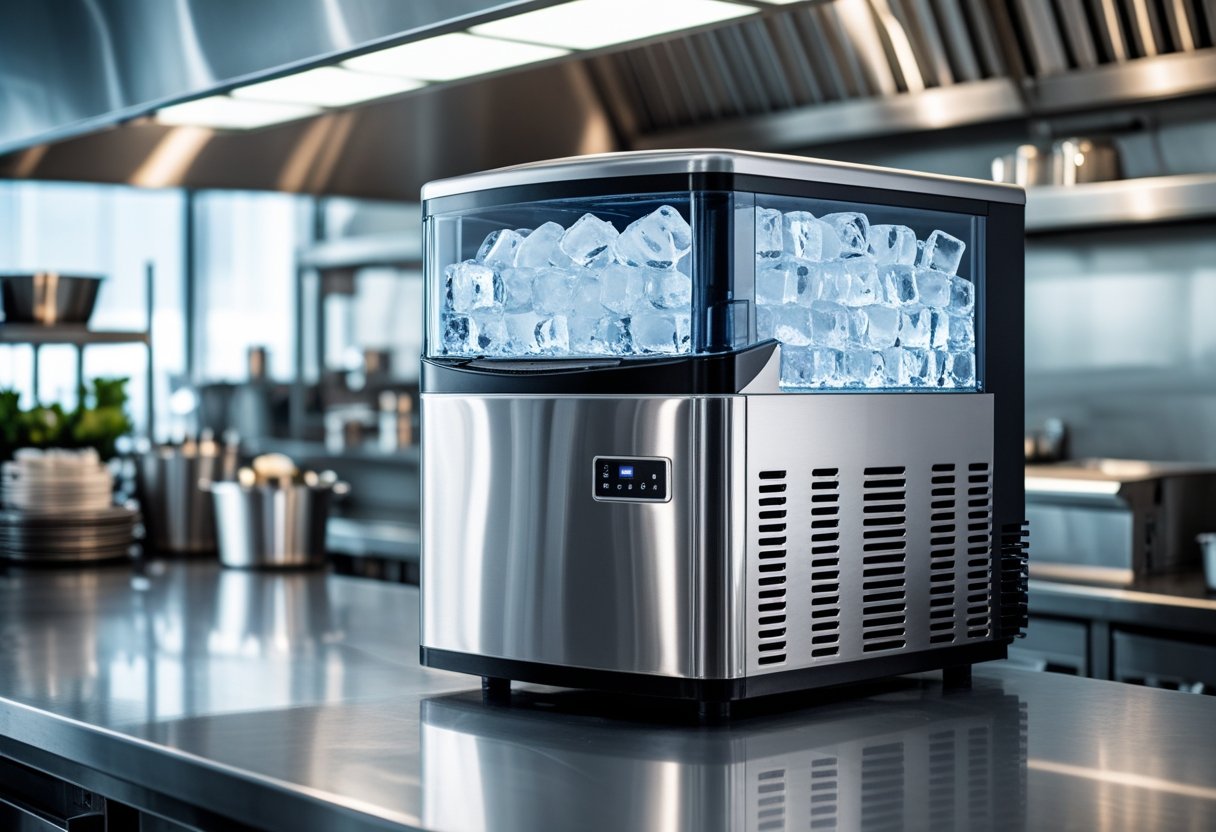
What Businesses Need Commercial Ice Machines and Why They’re Essential
If your business serves food or drinks, you likely need a commercial ice machine. Restaurants, bars, hospitals, and convenience stores rely on commercial ice machines to meet their daily ice needs without interruption.
Having the right machine lets you keep drinks cold and prepare food safely. This keeps customers and staff satisfied.
Not every business needs the same size or type of ice machine. Smaller cafes might use a compact unit, while busy restaurants or hospitals require larger, more reliable machines.
Knowing how much ice you need each day helps you avoid delays and downtime. Picking the right type of ice also makes your operations smoother.
At Memphis Ice, we’ve kept Memphis and the Mid-South’s businesses cool since 1977. Whether you want to buy, rent, or maintain equipment, we make sure your ice machine supports your business.
Why Businesses Need Commercial Ice Machines
A steady supply of ice helps your daily operations run smoothly. Ice affects your service, customer happiness, and ability to meet industry standards.
Choosing the right commercial ice machine is an important business decision. The right choice supports your workflow and keeps customers satisfied.
Importance for Daily Operations
Your business needs a reliable way to produce ice every day. Running out of ice can cause delays in food prep, drink service, and cleaning.
A commercial ice machine ensures you always have the ice you need. This keeps your staff focused on serving customers instead of searching for ice deliveries.
Machines with the right capacity match your daily needs and save energy. This reliability protects your business from unexpected losses.
Customer Experience Benefits
Customers expect cold drinks and fresh food. When your ice machine keeps up with demand, service stays smooth.
Ice enhances drinks, keeps seafood fresh, and helps with presentation. Without enough ice, customers may face long waits or poor quality.
Offering consistent ice builds trust. Bars, cafes, and restaurants with fresh ice can serve cold beverages on time.
This keeps guests satisfied and encourages repeat visits. Ice matters for customer comfort, especially in warm places like Memphis.
Industry-Specific Requirements
Different industries need different types and amounts of ice. Hospitals use ice for patient care and food safety, so they need sanitary machines.
Bars need crushed or cubed ice for cocktails. Event centers often need machines that make large quantities quickly.
Food service businesses may need machines that fit their kitchen space and match their ice usage. Knowing the type of ice—cube, nugget, or crushed—helps you choose the best machine for your needs.
Types of Businesses That Use Commercial Ice Machines
Many businesses rely on commercial ice machines to keep their operations running smoothly. Whether chilling drinks, preserving food, or serving guests, a steady supply of ice is essential.
Different industries have specific ice needs based on their daily use.
Restaurants and Cafés
In restaurants and cafés, ice is crucial for food prep and customer service. You use ice to chill beverages, keep salads and seafood fresh, and maintain the right drink temperature.
Many kitchens prefer cube ice because it melts slowly and keeps drinks cold longer. Your ice machine choice depends on your daily customer volume.
Smaller cafés might use machines producing under 400 pounds a day. Busy restaurants often require larger, faster units.
Regular cleaning keeps your ice tasting fresh and your machine working reliably. Maintenance is important for smooth operations.
Bars and Nightclubs
Bars and nightclubs use a lot of ice, often at a fast pace. You need machines that produce ice quickly to keep up with demand.
Nugget ice and cube ice are popular choices. Nugget ice is easy to chew and great for cocktails, while cubes work well for chilling bottles.
Energy efficiency and capacity are important. High-output machines with good warranties help you save money and avoid downtime.
Since bars work late hours, quiet and reliable machines make a big difference. This keeps your service running smoothly every night.
Hotels and Hospitality
Hotels use ice machines for restaurants, room service, and poolside areas. You might need multiple machines for different locations, like a lobby dispenser and a kitchen unit.
Ice variety matters—cube ice for drinks or flake ice for buffet displays. Hotel ice machines must run quietly and produce ice consistently.
Large events or conferences require machines that handle heavy use without breaking down. Reliable service and maintenance from local experts help keep things running every day.
Other Industries Benefiting From Commercial Ice Machines
Many businesses outside food service rely on commercial ice machines. Ice supports safety, convenience, and customer satisfaction in several sectors.
Healthcare Facilities
In healthcare, ice is essential for patient care and equipment use. Hospitals and clinics use ice to reduce swelling and keep medications at safe temperatures.
You need a reliable ice supply to meet daily demands. Ice machines in healthcare must be sanitary and consistent.
Not having enough ice can delay treatments or affect patient comfort. Machines designed for quick production and easy cleaning help you maintain high hygiene standards.
Convenience Stores
Convenience stores depend on ice machines to serve customers buying drinks, packed lunches, or fresh seafood. Offering ice can boost sales by complementing cold beverages and ready-to-eat products.
The right machine provides fast ice production during peak hours and fits in limited space. Machines that produce clear, clean cubes improve customer trust in your products.
Maintaining your ice machine regularly ensures you avoid downtime during busy times. Clean, reliable machines help keep customers coming back.
Event Venues
Event venues need ice machines to support bars, food vendors, and guest comfort. Whether hosting weddings or concerts, you rely on a steady ice supply for chilled drinks and fresh food.
Your ice machine must handle large, changing demands. Machines that produce different ice types, like cubes or nuggets, add flexibility for various events.
Renting an ice machine can be a good option for seasonal venues or short-term events. This helps you avoid high upfront costs.
Choosing the Right Commercial Ice Machine
Picking the right ice machine means matching your daily ice needs, the type of ice you want, and your available space. These choices affect how smoothly your business runs and how much energy you use.
Production Capacity Considerations
Your ice machine’s capacity must match your business’s demand. Think about how much ice you use on a busy day.
A small café might need less than 200 pounds of ice daily. A busy restaurant or hospital could require over 500 pounds.
If you underestimate your needs, you risk running out of ice during busy hours. Overestimating leads to wasted energy and extra costs.
Look for machines rated by pounds produced per day to compare capacity. Consider seasonal spikes too.
In Memphis, summer heat can increase ice demand. Choosing a model with extra capacity can help during the busiest months.
Types of Ice Produced
Not all ice is the same. Your choice depends on how you serve your customers or store your products.
- Cube Ice: Solid, slow-melting, good for drinks in bars and restaurants.
- Flake Ice: Soft, packs well around food, often used in seafood or grocery displays.
- Nugget Ice: Chewy and easy to eat, great for healthcare or quick-service restaurants.
Choosing the right ice type helps keep quality high and customers happy. For example, bars benefit from clear cube ice that cools drinks without watering them down.
Size and Space Needs
Measure your available space before buying. Ice machines range from compact under-counter models to large units needing their own room.
Consider ventilation and access for maintenance. Machines need airflow to run well and a spot where staff can easily get ice.
If space is tight, a slim or smaller machine might work better. Larger businesses may have room for bigger machines but still need to plan the layout carefully.
A well-sized machine helps you avoid costly moves or inefficient setups later.
Key Features Businesses Should Look For
When choosing a commercial ice machine, focus on features that save energy, simplify upkeep, and keep your ice clean and safe. These features help your business run smoothly and avoid extra costs or health problems.
Energy Efficiency
Energy efficiency lowers your utility bills and helps your business be more sustainable. Look for machines with good insulation and energy-saving technologies.
These models use less water and power without reducing ice output. Many commercial ice machines have ENERGY STAR ratings, which means they meet strict energy guidelines.
Choosing an efficient machine can cut your monthly expenses. Some machines have smart controls that adjust ice production based on your needs.
This reduces waste and saves money. Energy-efficient equipment also helps you meet local environmental standards.
Ease of Maintenance
An ice machine that’s easy to clean and service saves time and prevents breakdowns. Look for machines with removable parts and simple filter changes.
Regular maintenance keeps machines running longer and prevents business interruptions. Some models offer alerts or reminders when it’s time for cleaning or service.
This makes it easier to keep up with maintenance. Choosing machines with local service support helps you get repairs quickly and keeps your ice supply steady.
Sanitation and Filtration Options
Hygiene is crucial for any business serving food or drinks. Look for ice machines with built-in filtration that removes chlorine, odors, and impurities from water.
Sanitation features like antimicrobial surfaces and automatic cleaning cycles help reduce germs and buildup. These options keep ice safe and lower the risk of contamination.
Choosing a machine with advanced sanitation lets you serve customers with confidence and avoid health code problems. It also reduces the time you spend on manual cleaning.
Cost Factors and Budget Planning
When planning for a commercial ice machine, know both the upfront costs and ongoing expenses. Balance the initial price with the cost to run and maintain the machine.
Thinking about long-term value ensures reliable performance without surprises.
Initial Investment
The biggest part of your initial cost depends on the size and capacity of the ice machine. Larger machines that make more ice usually cost more.
Smaller or modular units cost less and may fit your needs if your ice demand isn’t high. Consider installation costs and any extra plumbing or electrical work.
These can add up depending on your space and setup. Renting an ice machine can lower your upfront cost, but check the long-term terms.
Key points for initial investment:
- Size and daily output affect price
- Installation and setup can add costs
- Renting may reduce upfront costs but check terms
Knowing these details helps you plan your budget from the start.
Operating Expenses
Running a commercial ice machine has ongoing costs like electricity, water, and maintenance. The machine’s energy use depends on its size and type.
Some models are more energy-efficient and lower electric bills over time. Water costs depend on local rates and how much ice you use.
Regular cleaning and service keep your machine working well and prevent costly repairs. Skipping maintenance can increase repair costs and downtime.
Typical expenses include:
| Expense | What to Consider |
|---|---|
| Electricity | Size, energy efficiency |
| Water | Local water rates, usage amount |
| Maintenance | Cleaning, inspections, repairs |
Tracking these expenses helps you forecast your monthly costs clearly.
Long-Term Value
To get the most from your ice machine, look for durability and good warranty coverage. A quality machine lasts longer with fewer repairs.
Reliable brands with strong service support make ownership easier. Choose a machine designed for your business pace.
Busy kitchens or hospitals need tough equipment built for heavy use. Scheduled maintenance plans help keep things running and your costs stable.
Maintaining and Servicing Commercial Ice Machines
Regular care keeps your commercial ice machine working well. Quick fixes and knowing when to call experts help you avoid downtime and keep your ice safe.
Regular Cleaning Schedules
Clean your ice machine every 3 to 6 months, depending on usage. Cleaning stops mineral build-up, mold, and bacteria that harm ice and machine performance.
Wash removable parts, wipe down surfaces, and use cleaners made for ice machines. Always turn off and unplug the machine before cleaning.
Regular cleaning protects your business from health risks like E. coli or salmonella. Keeping a cleaning schedule extends equipment life and keeps your ice fresh.
Write down cleaning dates or set calendar reminders to stay on track.
Troubleshooting Common Issues
If your ice machine makes strange noises, produces less ice, or the ice quality drops, try simple fixes first. Check for clogged filters or water supply problems.
Look for leaks, bad smells, or odd colors in the ice. These signs mean you need a deep cleaning or filter replacement.
Some issues, like electrical faults or compressor problems, need a professional. Spotting problems early helps you avoid expensive repairs.
Keep a checklist of common signs to watch for during inspections.
Hiring Professional Technicians
Even with regular cleaning, your ice machine needs professional service at least twice a year. Technicians inspect, deep clean, and repair your machine to keep it reliable.
A trusted local service means less stress and more uptime for your business. Professionals use certified cleaning products and spot small issues before they grow.
If you rely on your ice machine each day, professional check-ups save money and prevent breakdowns. Schedule service before busy seasons to avoid last-minute problems.
Health and Safety Benefits for Businesses
A clean, well-maintained ice machine protects your business from health risks. Proper care helps you meet regulations and lowers the risk of contamination.
Ensuring Food Safety Standards
Your ice machine must meet strict food safety rules to keep ice clean. Ice is often served directly to customers or used to chill food and drinks.
If you skip cleaning, bacteria and mold can grow inside and contaminate the ice. Routine cleaning and sanitizing prevent slime and mineral buildup that harm ice quality.
This keeps your ice free from germs and helps you pass health inspections. You protect your staff and customers from sickness caused by dirty ice.
Schedule maintenance twice a year, or more if you use ice heavily. Regular upkeep extends equipment life and saves money on repairs.
Reducing Risk of Contamination
Contamination in ice machines happens when bacteria, mold, and minerals spread inside. This can make ice unsafe and cause health problems.
Poor maintenance is the main cause of these hazards. Cleaning your ice machine on a set schedule reduces this risk.
Use the right sanitizers and follow cleaning instructions to remove buildup and kill germs. Your ice stays clear, fresh, and safe.
Avoiding contamination protects your business from health code violations and fines. It also builds trust with customers who expect clean products.
Innovations and Trends in Commercial Ice Machines
Today’s commercial ice machines offer more than just making ice. They include features that save energy, improve ease of use, and cut service needs.
Smart Technology Integration
Modern ice machines now come with smart technology for remote monitoring and control. You can check ice levels, performance, and maintenance alerts from your phone or computer.
These machines often have auto-clean features and sensors that adjust ice production based on demand. Your machine only works as hard as needed, saving energy.
Smart controls make it easier for your team to manage ice and reduce waste.
Sustainable and Eco-Friendly Solutions
New ice machines focus on energy and water efficiency. Many use advanced compressors and insulation to lower power use.
Water-saving technology cuts down on water use during ice making and cleaning. Some machines recycle or use water more efficiently without lowering ice quality.
Choosing greener ice machines supports your business’s sustainability goals and reduces costs.
Frequently Asked Questions
Choosing the right commercial ice machine depends on your business type, daily ice needs, and available space. Think about costs, maintenance, and how the machine fits your customers’ needs.
What types of businesses benefit from having a commercial ice machine?
Restaurants, bars, and cafes use ice all day for drinks and food prep. Hospitals need ice for patient care and medical use.
Grocery stores and convenience stores keep products fresh with ice. Any business serving cold food or drinks benefits from a commercial ice machine.
How does a commercial ice machine improve customer service?
Having enough ice helps you serve drinks quickly and keep food fresh. This speeds up orders and keeps your business running smoothly.
What factors should you consider when purchasing a commercial ice machine?
Consider your daily ice needs and the type of ice best for your business, like cubes or nuggets. Check the space you have for the machine.
Energy efficiency and easy cleaning matter, too. Look for reliable brands with good service options.
Can renting a commercial ice machine be a cost-effective solution for small businesses?
Renting lets you get the right machine without a big upfront cost. It often includes delivery, installation, and maintenance.
This option is good for testing your ice needs or starting a new business.
What maintenance is required to keep a commercial ice machine running efficiently?
Clean your machine regularly to prevent buildup and keep ice tasting fresh. Check and replace water filters as needed.
Schedule professional service at least once a year. Proper maintenance helps avoid breakdowns and extends the machine’s life.
How can business owners calculate the return on investment for a commercial ice maker?
Check how much money the machine saves by reducing ice shortages and downtime.
Add up energy costs and maintenance fees.
Compare these expenses to the price of buying or renting the machine.
Recent News
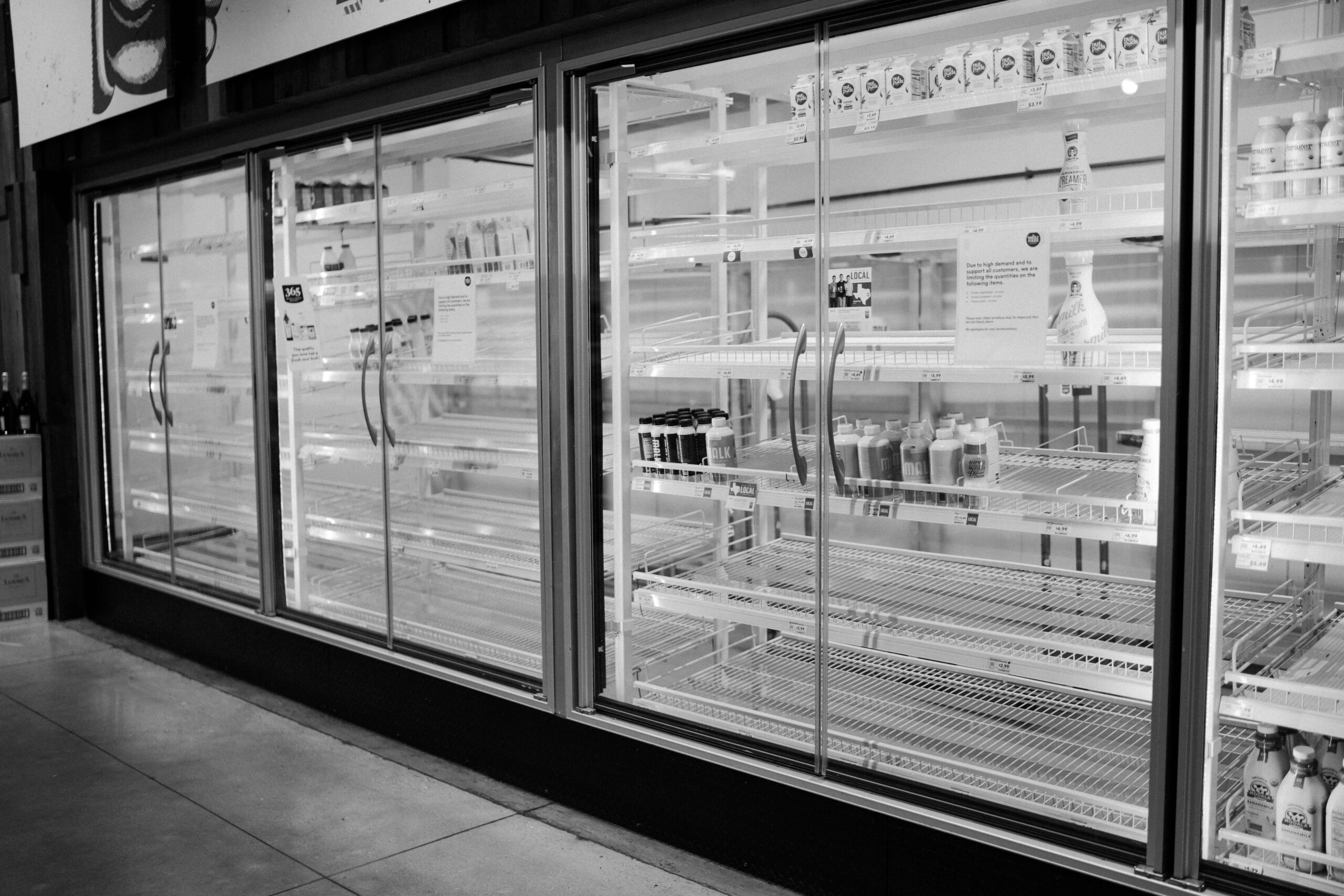
Tips for Extending Lifespan of Walk-In Cooler Doors Friendly Maintenance and Care Guide
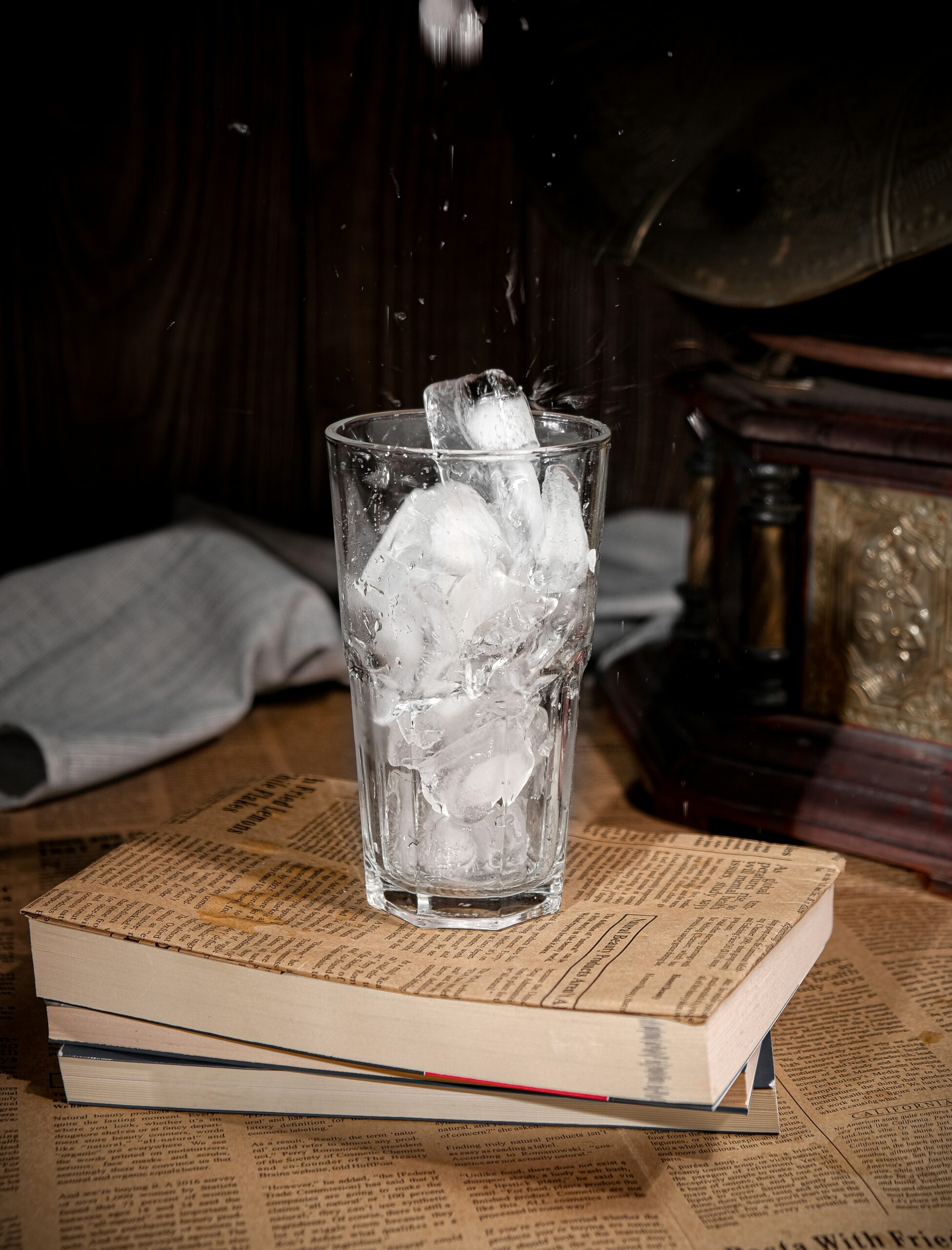
Tips for Extending the Life of Commercial Refrigeration Units with Easy Maintenance Habits
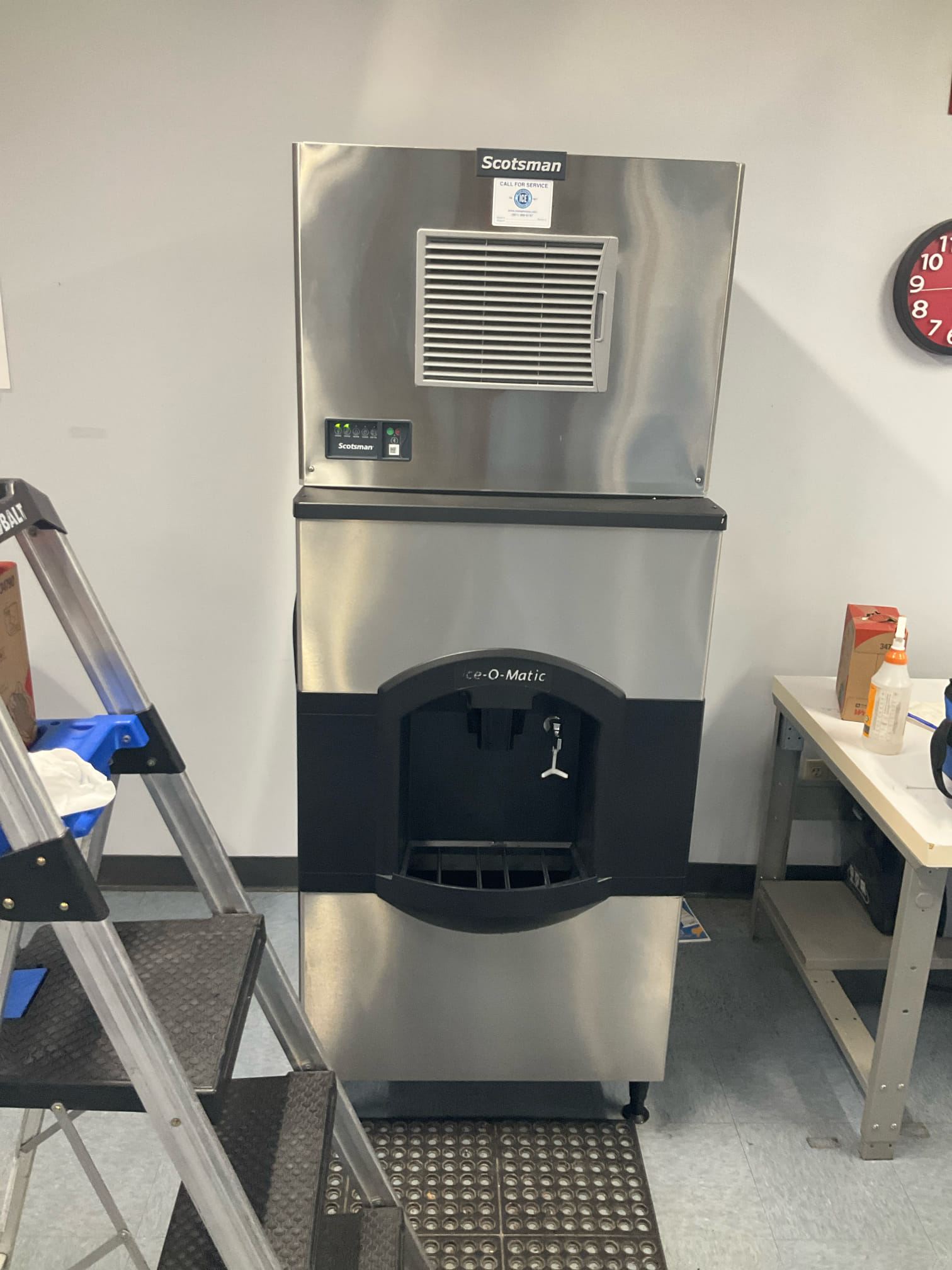
Emergency Walk-In Freezer Repair Tips to Keep Your Business Running Smoothly
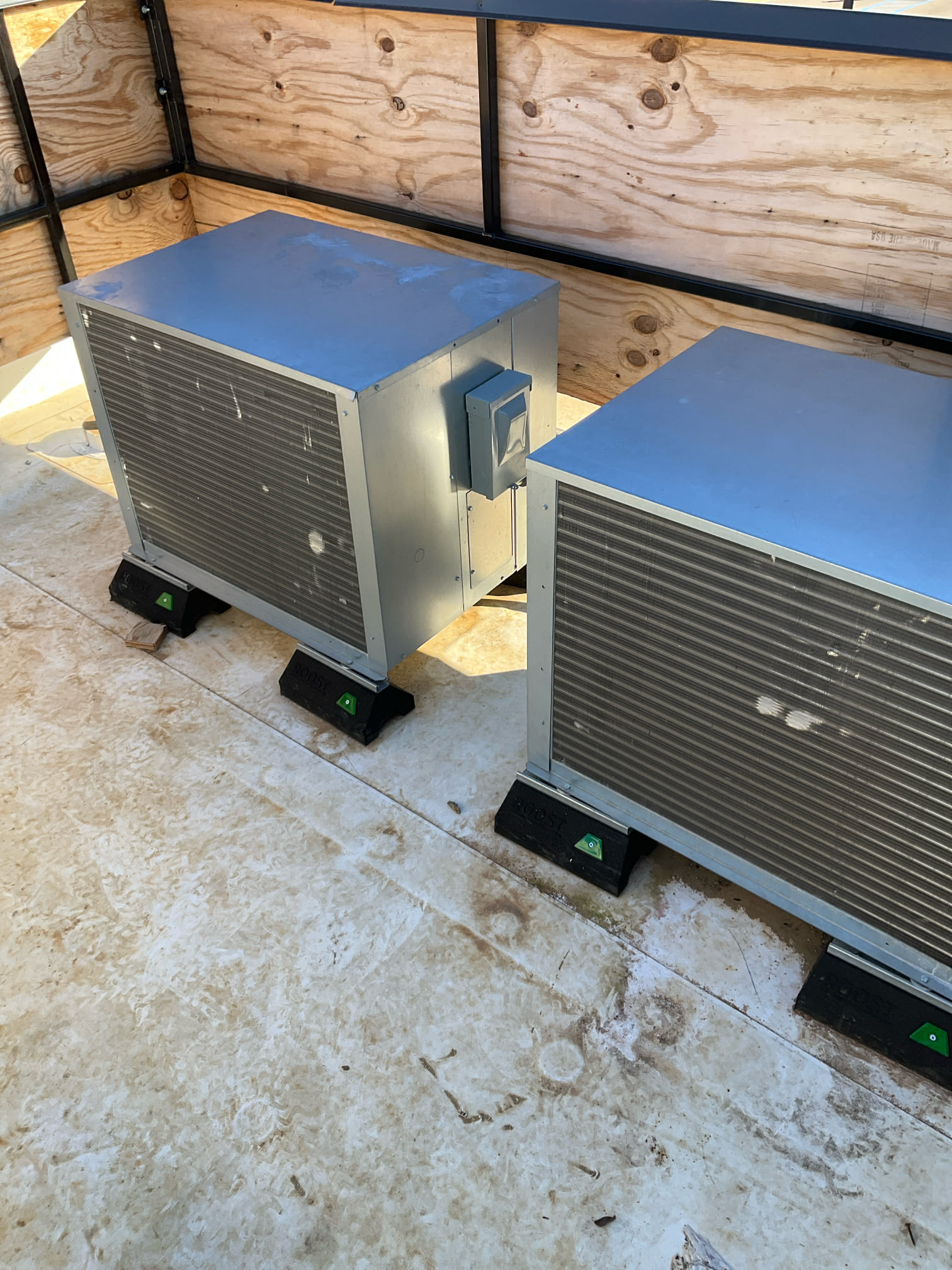
Emergency Cold Storage Solutions for Events Made Easy and Reliable
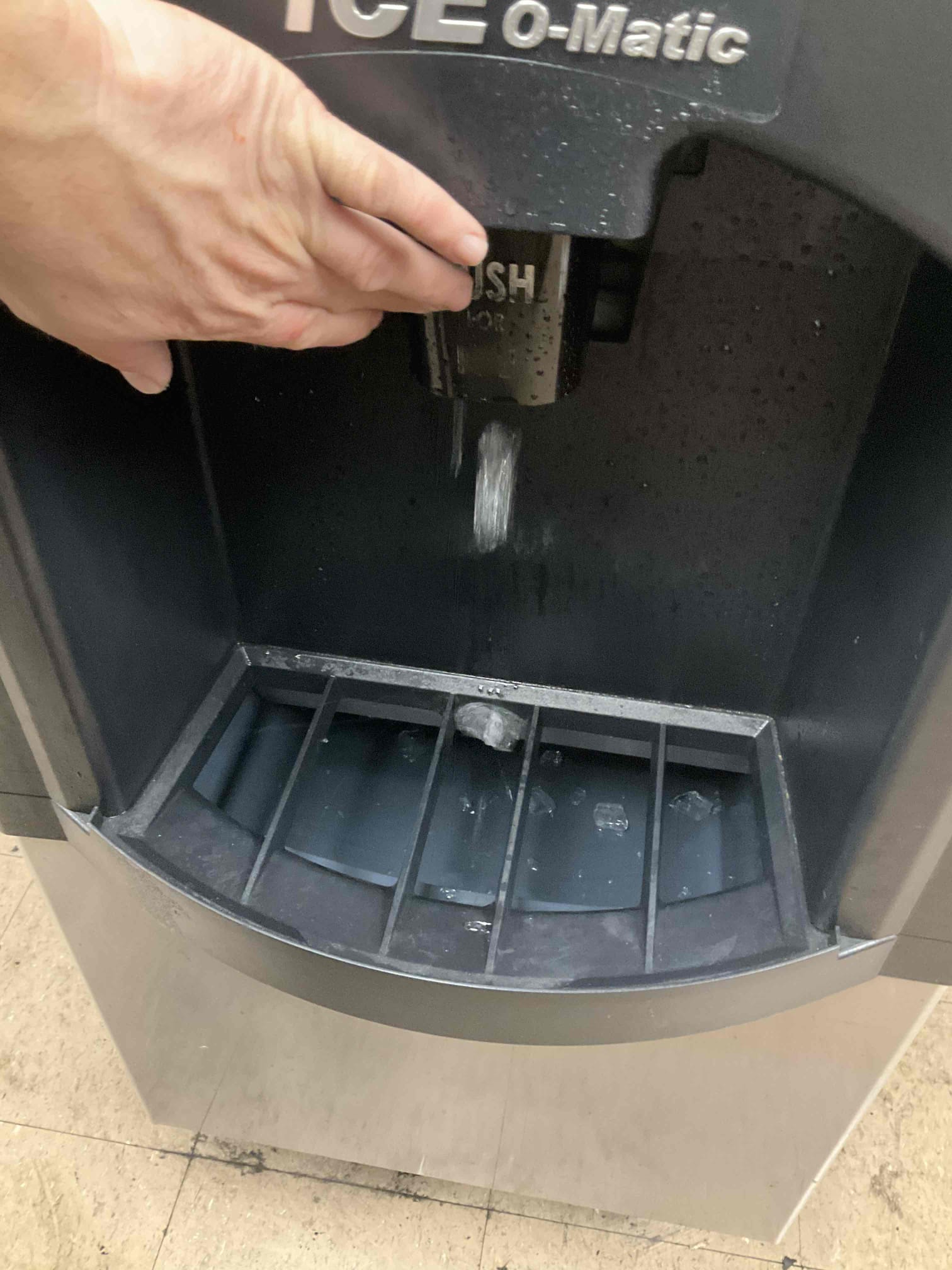
Common Reasons Ice Machines Run Loud and How to Fix Them Easily
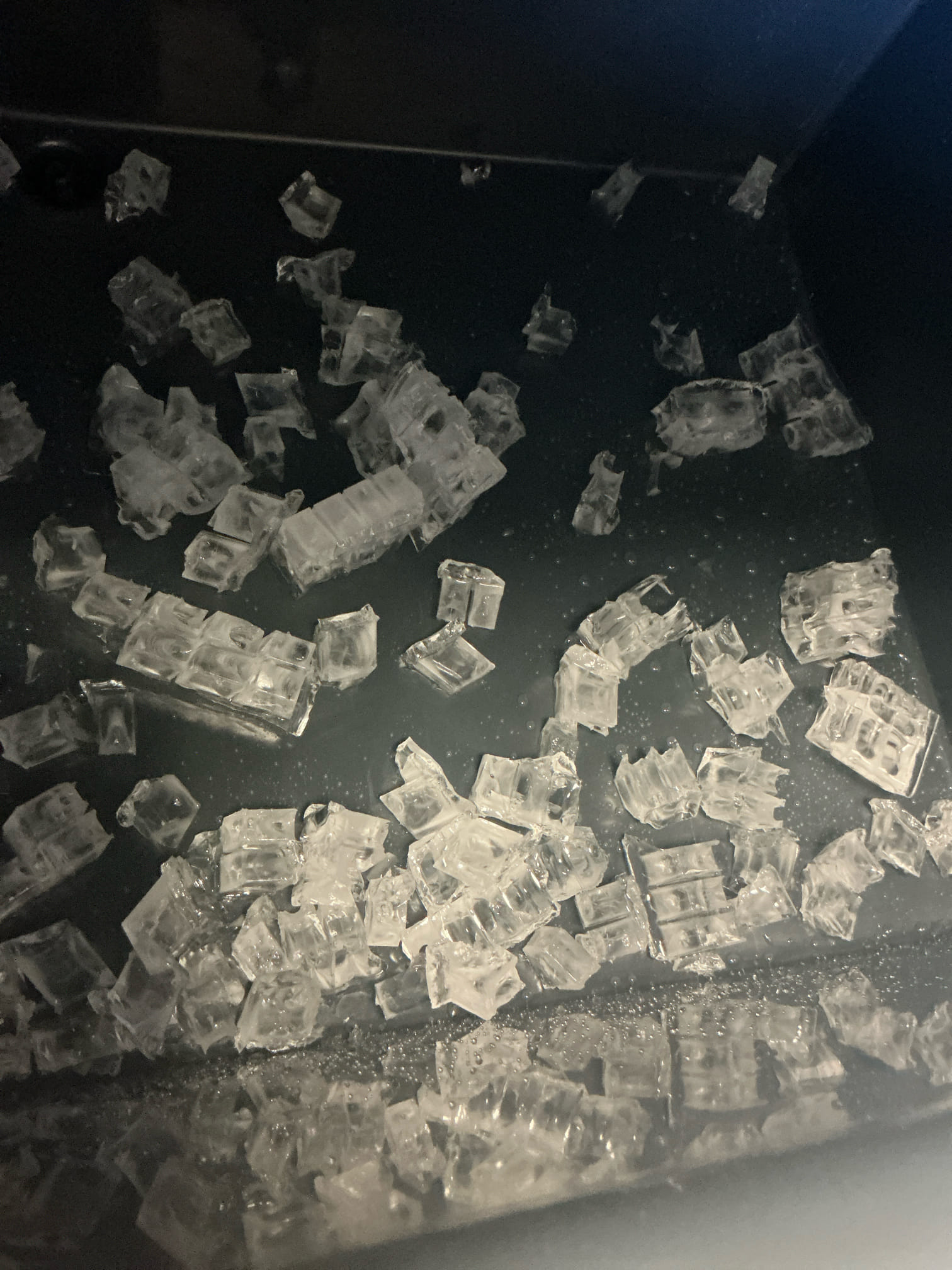
Common Ice Machine User Mistakes and How to Prevent Them for Smooth Operation
